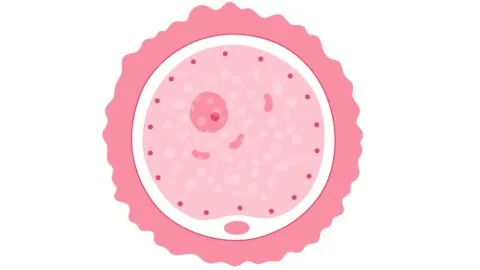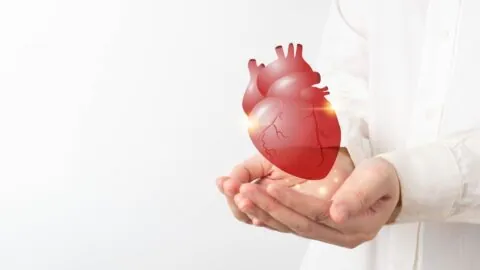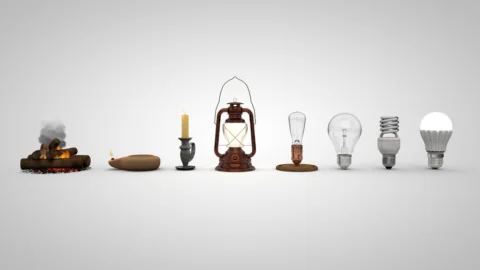April 18, 2024
A study published in Aging Cell has reported that older people with better regulated autophagy in their skeletal muscles have less age-related frailty. Taking out the trash What is Autophagy?Autophagy, derived from ancient Greek, means "eating of self". Autophagy is the way cells break down misbehaving or nonfunctional organelles and proteins in the cell. This...
March 05, 2024
Experimenting in vitro and in mice, scientists have found that ovarian aging is linked to increased autophagy and apoptosis in granulosa cells and that it can be reversed by an estrogen receptor inhibitor [1]. When ovaries get tired Female reproductive aging is an intriguing phenomenon that remains understudied, although things have been changing recently. In...
January 30, 2024
A new study suggests that the flavonoid epicatechin, found in chocolate, tea, and berries, provides robust protection against reperfusion injury in myocardial infarction [1]. Reperfusion injury: friendly fire Myocardial infarction (heart attack) is the injury caused by complete or partial cessation of blood flow to a portion of the myocardium, the heart’s muscle tissue. This,...
March 22, 2023
In a new systemic review published in Autophagy Reports, researchers have demonstrated that exercise plays a role in regulating autophagy, depending on its type [1]. What is Autophagy?Autophagy, derived from ancient Greek, means "eating of self". Autophagy is the way cells break down misbehaving or nonfunctional organelles and proteins in the cell. This means that...
February 01, 2023
In a preprint paper, the researchers have shown that low-frequency ultrasound treatment decreases senescence and improves the physical performance of aged mice [1]. Mechanical approach Why we Age: Cellular SenescenceAs your body ages, more of your cells become senescent. Senescent cells do not divide or support the tissues of which they are part; instead, they...
January 11, 2023
The year 2023 started with the publication of two remarkable review papers in Cell and Cell Metabolism by researchers addressing the hallmarks of aging and their interplay with the hallmarks of cancer [1,2]. These papers were authored by the same team that published the original 2013 Hallmarks of Aging paper [3]. The Reasons We Age...






